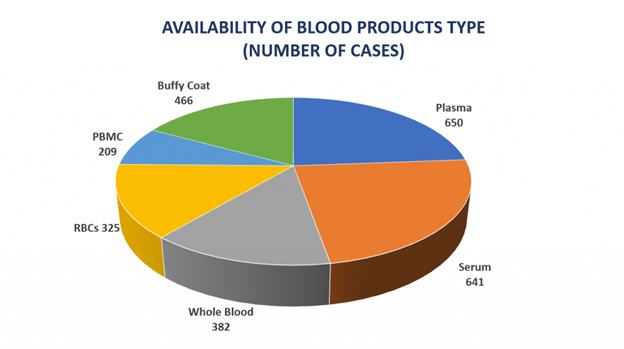National Mesothelioma Virtual Bank

Background
Mesothelioma affects 4,000 people in the United States each year, with a dismal outcome for those diagnosed with this type of cancer. Mesothelioma is a cancer of the mesothelium, which is the membrane in the lining of the chest or abdomen. It affects five-times more men than women. Presently, treatment for this disease generally involves surgery (e.g., pneumonectomy), radiotherapy and chemotherapy. Mesothelioma is almost always directly linked to asbestos exposure. Low-incidence rates and court litigation issues have limited the number of mesothelioma cases available for banking or tissue collection and storage. Research in this field, and ultimately patients, would benefit greatly from a significant increase in the number of abstracted cases available for study, including the incorporation of more clinical information from patient records.
Purpose
NIOSH provides extramural funding for the National Mesothelioma Virtual Bank (NMVB) for Translational Research to serve as a resource for researchers and the clinical science community to advance biomedical research for malignant mesothelioma. The NMVB can provide mesothelioma biospecimens (tissue samples), demographic data and clinical data. The virtual registry and tissue bank also serves as a virtual repository and offers a library of reagents and data (such as genomic, transcriptomic and proteomic data) for sharing among investigators. The NMVB may help identify and develop early markers of disease, biomarkers of disease stage and prognosis, as well as new or improved treatment methods. It does so by allowing access to biospecimens for research on biomarkers in early detection of malignant mesothelioma, susceptibility, epidemiologic characteristics (such as occupational history and death certificate information), and clinical factors (such as improvements in prognosis as a result of improvements in treatment).
National Mesothelioma Virtual Bank
Developed in 2006, the NMVB is led by the collaborative effort of the Departments of Biomedical Informatics, and Pathology at the University of Pittsburgh. The NMVB provides mesothelioma tissue samples with high-quality and well-characterized multimodal annotated data to researchers. Specifically, the NMVB collects and distributes tumor tissue and blood samples to the research community from consented patients. The specimens are stored with de-identified clinical data and made available for research. The NMVB continues advancing biomedical research for malignant mesothelioma by expanding the collection of biospecimens, related data, and other information. The NMVB gives researchers access to clinical data (stage, treatment, and survival information) associated with a multitude of biospecimens and provides associated demographic data such as age, sex, race, occupational history, and other epidemiologic information. It also serves as a repository, providing a library of information on substances, chemical compounds, and other data related to mesothelioma that can be shared among investigators. Participating institutions in this virtual registry and tissue bank share independent collections of tissues and relevant information for use by the research community through a centralized network of collaborators in the registry. This registry is used for data recording and collection related to each tissue sample. Each participating institution is responsible for entering data and updates into the registry for their samples. However, each uses common data elements and state-of-the-art security for protection of sensitive or personally identifiable data, as appropriate. NMVB’s work supports research that addresses the complex mechanisms and biological changes associated with mesothelioma and its disease progression.
Overall, NMVB aims to support research that will benefit patients who have mesothelioma and prevent future development of the disease. The NVMB team strongly believes that progress in translational and clinical research — in cancer and other disease areas — depends on the ability of researchers to access high-quality tissue associated with meaningful annotation. NMVB may ultimately help improve the quality of life of current and former workers who have malignant mesothelioma.
Investigators can search the NMVB study database to identify and request data and biospecimens via the NMVB website. This online data access application provides convenient query access to the data repository. Below is a summary of type of data and samples that NMVB provides, along with participating institutions.
Collaborative Sites:
Baylor College of Medicine
Fox Chase Cancer Center
New York University
Roswell Park Cancer Institute
Temple University
University of Maryland
University of Pennsylvania
University of Pittsburgh
Blood Products:
Buffy Coat
PBMC
Plasma
Red Blood Cells
Serum
Whole Blood
Quick Stats:
2,123 Samples
71% Male
84% White
71% Non-Spanish Non-Hispanic
37% Prospective cases
Biopsy and Resected Types:
Bulk Frozen
Fresh Frozen
Glass Slides
Paraffin
Contact:

References:
Wilson RA, Chapman WW, DeFries SJ, Becich MJ, Chapman BE. [2010] Automated ancillary cancer history classification for mesothelioma patients from free-text clinical reports. Journal of Pathology Informatics. 1(24). https://doi.org/10.4103/2153-3539.71065
